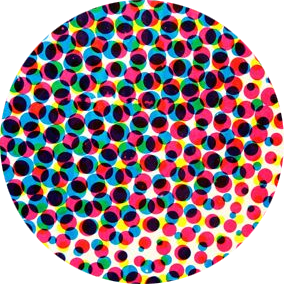Cultural Contexts of Golden Age Superheroes

To become popular, pop culture must capture a zeitgeist–a defining spirit of the time, of which it then becomes representative. This informs the immediate success of #Superman, who embodied a new type of heroism in the wake of one World War & on the brink of second. 1/13




When Superman debuted in 1938, he wasn’t comedic, villainous, or particularly tragic; while his origin does include the destruction of his home planet, this does not overtly trouble him. So: what changed to make superhuman characters more appealing & believable as heroes? 5/13

Golden Age superhero comics are commonly associated with the second World War. However, it’s worth considering the enduring cultural impact of World War I on the creation of a character like Superman, whose debut predates the official start of the Second World War. 6/13

WWI showcased new technologies that delivered previously unimaginable death & destruction, as at the 1916 Battle of the Somme, where 100,000 soldiers were killed in a single day. This was compounded by a postwar flu pandemic that killed an estimated 50 million people. 7/13

In the US, the early 20th century was generally an era of massification. More Americans moved to growing urban centres, changing the scale & speed of life. And the Great Depression emphasized the fearful vulnerability of a capitalist system that promised personal freedom. 8/13

This massification required bigger, faster, stronger heroes. Tellingly, in his original origin blurb, Superman’s powers are tested against modern technology & the modern city, as well as modern weapons of war: “nothing less than a bursting shell could penetrate his skin!” 9/13

The dark side of this massification is its tendency to veer into facism. Though Superman was created by sons of Jewish immigrants, superheroes can project a “might makes right” ethos that frequently becomes problematic, especially when villains are racial caricatures. 10/13

But the original Superman comics by Siegel & Shuster tend to reflect Roosevelt’s “New Deal” social welfare policies. He often uses his powers to expose corrupt businessmen, slum lords, and politicians, restoring justice to the disempowered & disenfranchised. 11/13

In one notable story, appearing in Action Comics #2 & reprinted a year later in Superman #1, Superman intervenes in a conflict where war is being prolonged by the sale of munitions, in effect using his superpowers to combat the evils of the military industrial complex. 12/13

In general, Superman’s early comics defy truisms about the corrupting nature of power. Instead, Superman’s powers offer restorative fantasies that reflect & speak back to an era in which many felt powerless at the hands of mass conflict, mass death, and mass unemployment. 13/13
